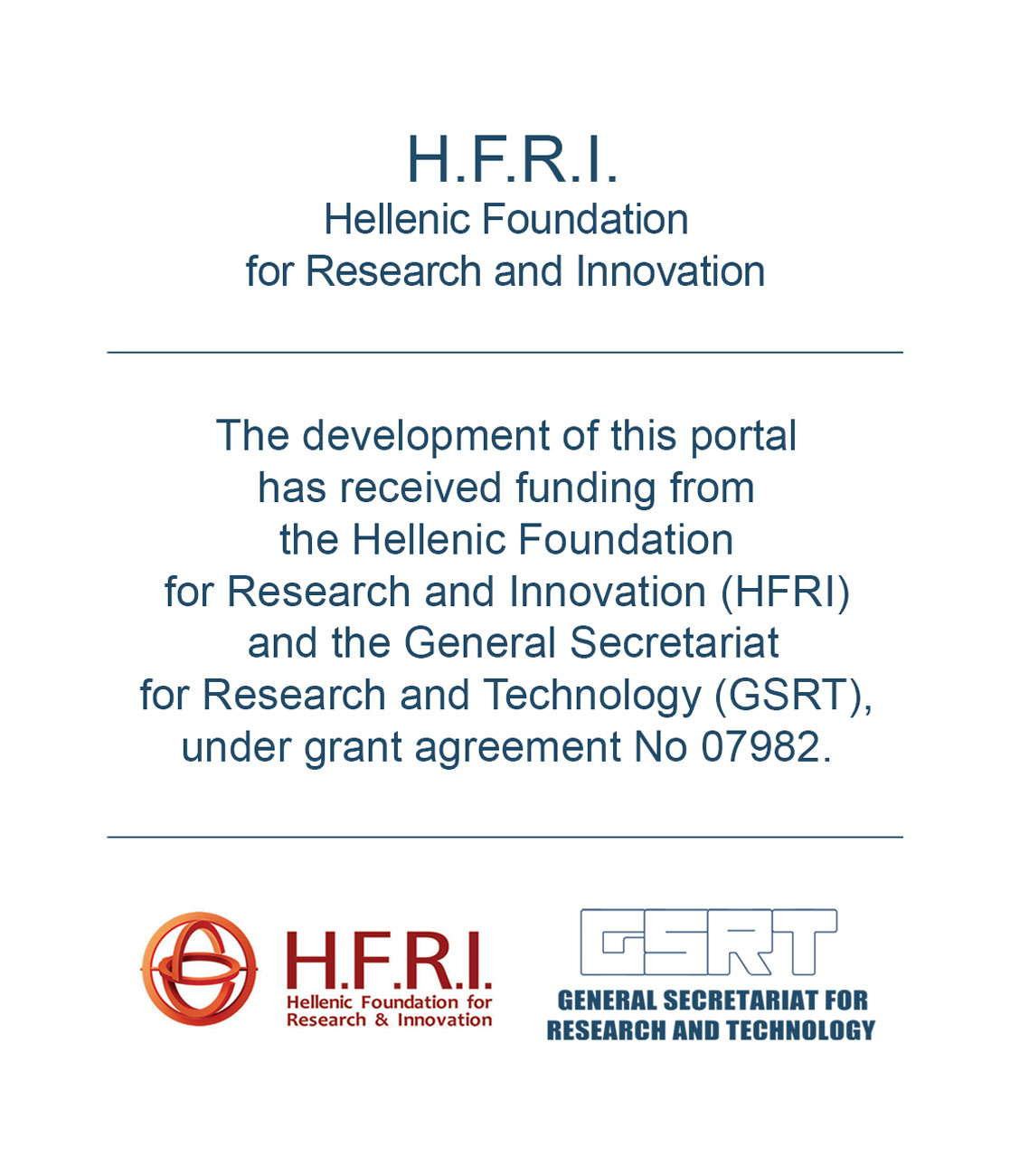Modeling historical storytelling
Stories of the past should be told from multiple perspectives to make sure that memories are kept alive and vibrant. This paper traces difficult heritage in an attempt to restore historical information and shed light to stories of an inherently “difficult” historical period, the German Occupation in Greece. In our work we have focused on Block 15, an infamous site of the Haidari Concentration Camp, that served as isolation and torture area. To revive the stories and experiences from this camp, we have first studied historical resources, which were considered as our primary source. A secondary source we have worked with is the storyline of the interactive Block 15 scenario, i.e. the scenario of an immersive VR experience. This scenario, as a way of expressing the living experience, redefines memory by highlighting emotions, wounds and memories that are yet to be seen.
The documented information coming from both the primary and the secondary sources has been manually annotated and then organized into a knowledge base, which supports queries even of high complexity. For its development we have used the CIDOC CRM model, which has been extended to include specializations of classes and relationships, that explicitly capture the difficult heritage semantics of our digital stories, e.g. the concept of prisoner, of occupier, of a torture activity. By adding these specializations to our model, we are able to narrate the documented stories in detail and “narrates”, as accurately as possible, the historical storytelling of the scenario and the “stratopedic literature” by using classes and properties of a well defined ontology. This extended model has been encoded into RDF/S and the knowledge base has been successfully tested against complex SPARQL queries of historical interest. Such complex queries can serve as a basis to establish a different aspect to digital storytelling by stepping away from a linear, official, or idealized presentation of the past to “historical poetics”. Potential users are able to easily search and retrieve the historical information about Block 15 during 1943-1944, either by expressing their own SPARQL queries or by using one of the predefined that are already expressed. Our future plans include the expansion of the knowledge base, to test its applicability with respect to historical documentation coming from other concentration camps on one hand, while on the other hand to evaluate the extended model regarding the representation of digital stories concerning other aspects of difficult heritage.
